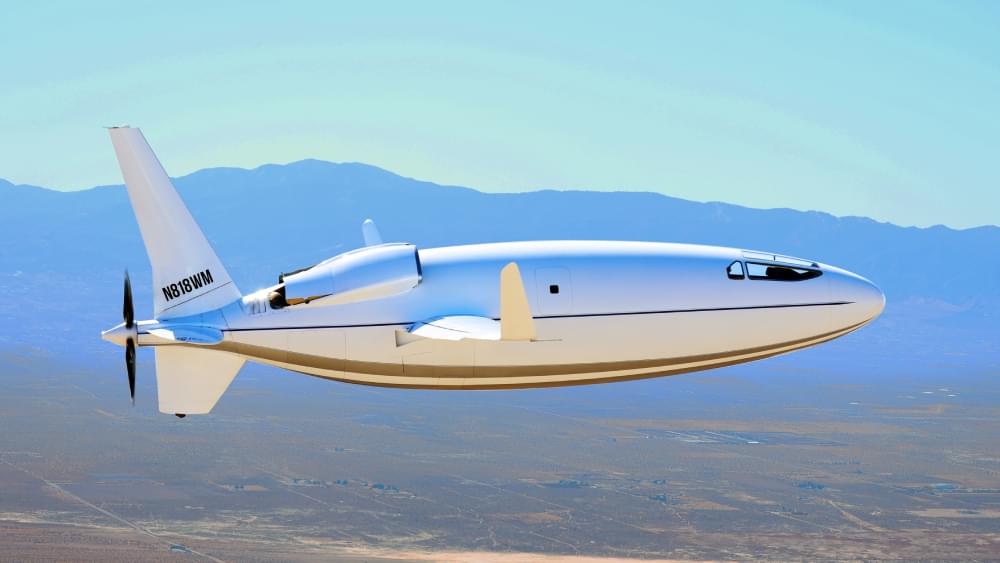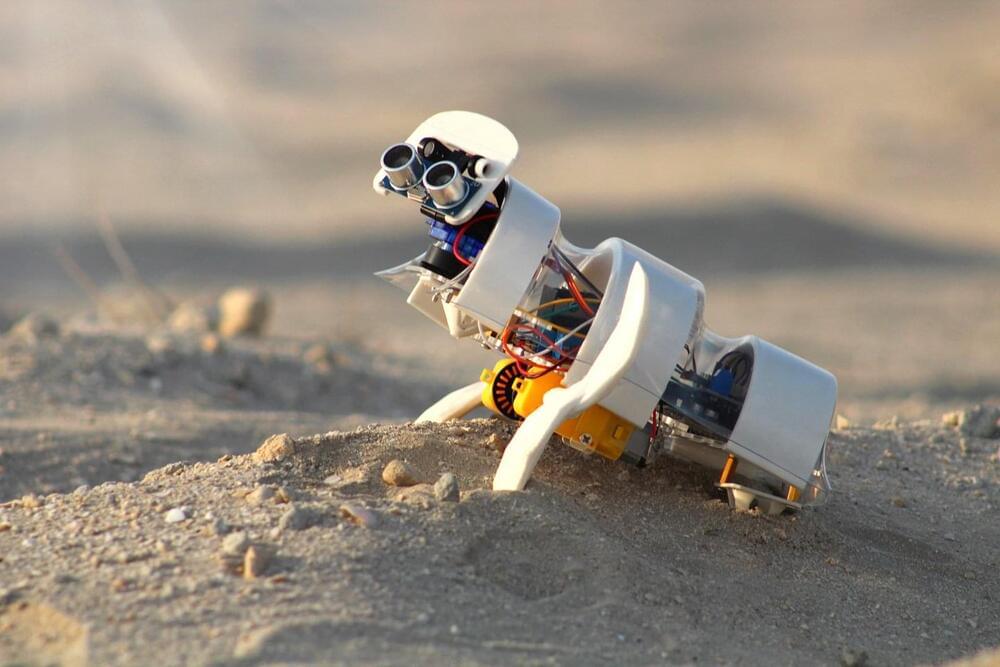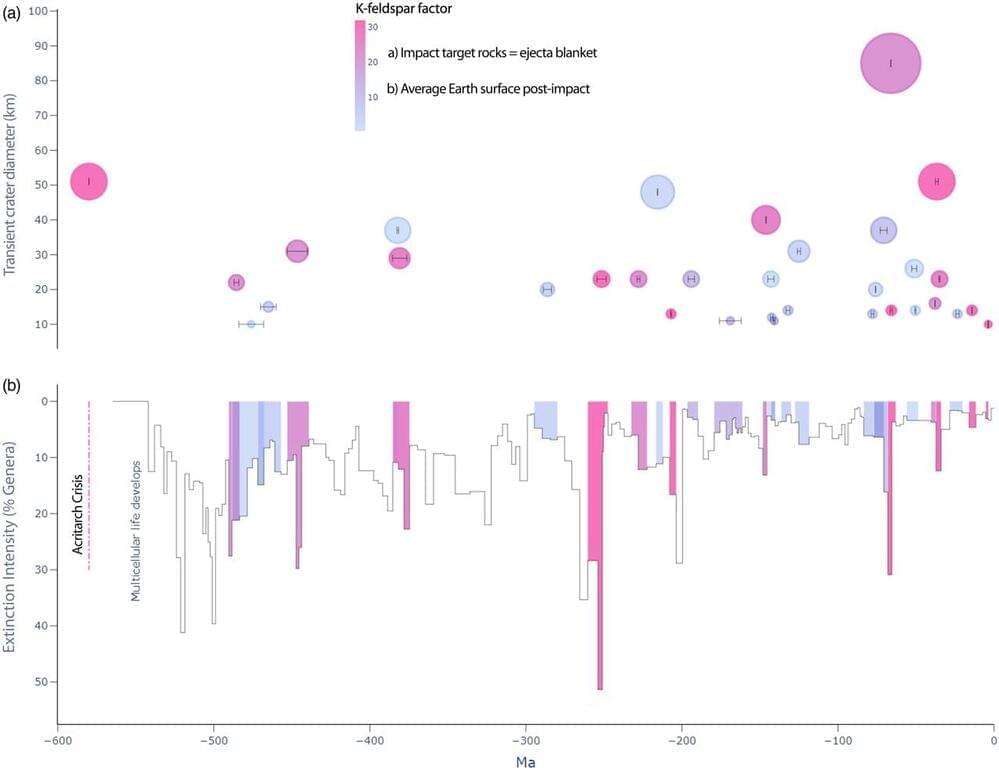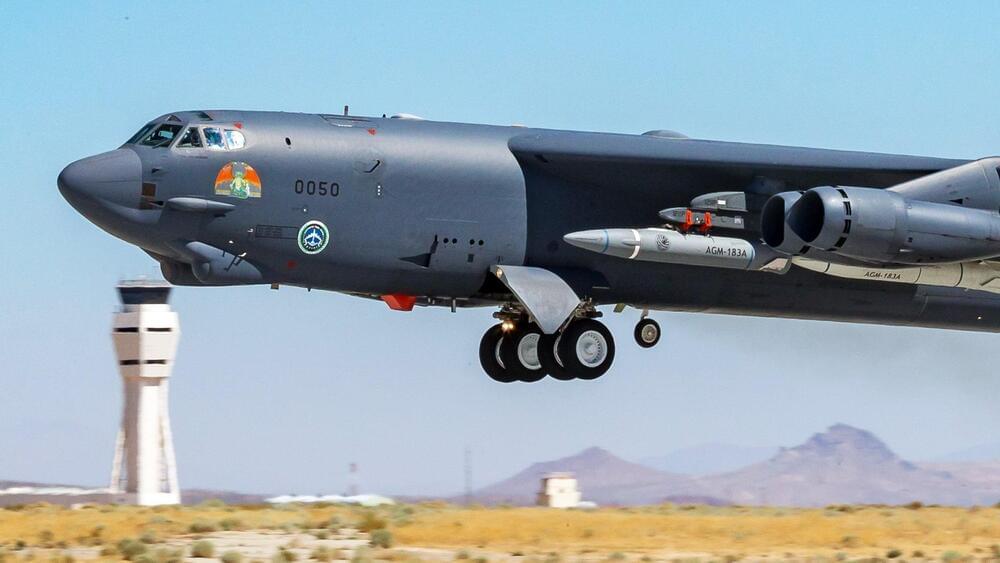Page 5441
Dec 19, 2021
Characters for good, created by artificial intelligence
Posted by Shubham Ghosh Roy in categories: education, robotics/AI
MIT Media Lab researchers offer positive use cases of AI-generated synthetic characters for education and well-being. A new paper provides an open-source, easy-to-use pipeline that combines AI-generated models to create synthetic characters with facial gestures, voice, and motion.
Dec 18, 2021
Tiny solar-powered robot travels around on deserts, planting seeds to cultivate greenery
Posted by Shubham Ghosh Roy in categories: robotics/AI, solar power, sustainability
With an end goal of turning deserts into lush green landscapes, A’seedbot drives around autonomously using solar energy, and planting seeds in the sand.
Dec 18, 2021
Tardigrade is first multicellular organism to be quantum entangled
Posted by Raphael Ramos in category: quantum physics
A tardigrade cooled to near absolute zero and placed in a state of quantum entanglement survived its ordeal.
Dec 18, 2021
Ransomware in 2022: We’re all screwed
Posted by Saúl Morales Rodriguéz in category: cybercrime/malcode
Security experts tell us what to expect in the cybercriminal landscape as we head into the new year. It’s not good.
Dec 18, 2021
Meteorites that produce K-feldspar-rich ejecta blankets correspond to mass extinctions
Posted by Saúl Morales Rodriguéz in categories: asteroid/comet impacts, existential risks
Meteorite impacts load the atmosphere with dust and cover the Earth’s surface with debris. They have long been debated as a trigger of mass extinctions throughout Earth history. Impact winters generally last 10 years, whereas ejecta blankets persist for 103–105 years. We show that only meteorite impacts that emplaced ejecta blankets rich in K-feldspar (Kfs) correlate to Earth system crises (n = 11, p 0.000005). Kfs is a powerful ice-nucleating aerosol, yet is normally rare in atmospheric dust mineralogy. Ice nucleation plays an important part in cloud microphysics, which modulates the global albedo.
Dec 18, 2021
Third Test Of The Air Force’s Hypersonic Weapon Has Failed Like The Ones Before It
Posted by Saúl Morales Rodriguéz in categories: government, military
The U.S. Air Force has failed for a third time to conduct a successful test of the rocket booster on a prototype AGM-183A Air-Launched Rapid Response Weapon hypersonic missile, or ARRW. This can only add to the palatable frustration within the service, as well as elsewhere in the U.S. military and in Congress, about the progress, or lack thereof, in the testing of various new hypersonic weapons.
The Air Force Life Cycle Management Command’s Armament Directorate confirmed to The War Zone today that another attempted ARRW flight test had failed on Dec. 15, 2021. The Air Force says that it has not yet determined the cause of the issue that led to the test being aborted. The prototype missile never left the wing of the B-52H bomber carrying it.

Astronauts have one of the most competitive jobs in the world — 18,300 people applied to be part of NASA’s 2017 class of astronauts, and only 12 made the final cut. But the process of finding astronauts with “the right stuff” has changed over time, and a lot of us Earthlings have the wrong idea about what NASA is looking for.
“I think a lot of the public conception is that we choose super-geniuses or super-jocks or super-pilots,” says Mike Barratt, a NASA astronaut and physician. “I would say that the astronaut office right now is full of people who are comfortable to be with. I mean, don’t get me wrong — we’ve got a couple of super-geniuses, but the main [goal] is that we’ve chosen well-rounded, well-behaved, professional people who are adaptable and resilient, and just someone you could see exploring a brand new world or locking yourself in a garage with for six months.”
Dec 18, 2021
Researchers say they have discovered the cause of Alzheimer’s
Posted by Paul Battista in categories: biotech/medical, health, neuroscience
Dec 18, 2021
NASA’s Juno Spacecraft “Hears” Jupiter’s Moon Ganymede — Listen to the Dramatic Flyby of the Icy Orb
Posted by Alberto Lao in category: space

Jupiter mission’s Ganymede flyby offers a dramatic ride-along. It is one of the highlights mission scientists shared in a briefing at American Geophysical Union Fall Meeting.
Sounds from a Ganymede flyby, magnetic fields, and remarkable comparisons between Jupiter and Earth’s oceans and atmospheres were discussed during a briefing today on NASA.
















